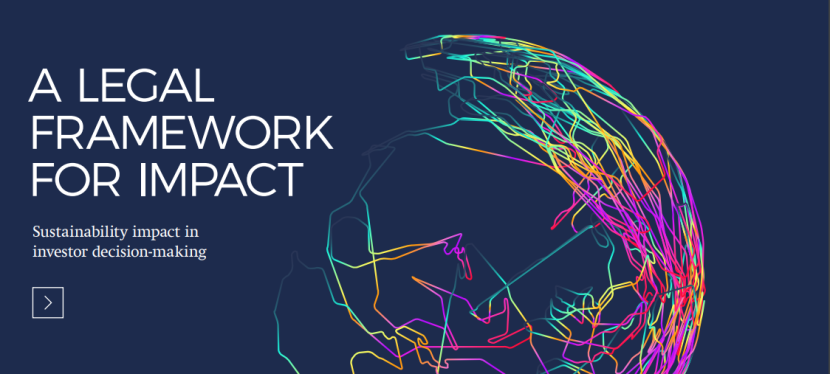The world looks different today than it did ten years ago, than it did five years ago, and even different than it looked just last year. Like many conferences, we were forced to move our 2020 conference to a virtual format as we dealt with the effects of the pandemic. This year is no different.
We are still grappling with the “new normal” and the remnants of an out of date structure which put those who are most vulnerable, last. COVID-19 surfaced other issues that, while crucial, have previously been neglected. The exacerbation of economic and racial inequities demonstrated and accentuated the fragility of our systems, structures, and policies. The pandemic shifted the narrative around “non-essential” employees and raised awareness of the critical importance of frontline workers, such as: grocery clerks, meat processing and farmworkers, delivery drivers, and many more in maintaining business operations and in ensuring the functioning of our global economic system. Many of these workers are women and people of color and this public health crisis has demonstrated their vulnerability and the disproportionate economic and health impacts they experience.
In one week, on October 12, 2021, Seventh Generation Interfaith Coalition for Responsible Investment (SGI-CRI) will hold its annual conference, aptly titled Resilience: Building a Just & Equitable Economy for All, virtually, from 4:30 p.m. to 7:30 p.m.
As we begin the recovery process from the COVID-19 pandemic, we see a need and an opportunity to build a resilient society with systems and structures that are just and equitable for all. Our panel of company, investor, and labor representatives will offer their perspectives on how we can implement positive change from the learnings and challenges of 2020, dismantle systems that perpetuate gender and racial inequities, and build an economy that serves all people and ensures the dignity of all workers.
Our keynote address will be from Rev. Dr. Liz Theoharis, Co-Chair of the Poor People’s Campaign: A National Call for Moral Revival. Our panel, moderated by Caroline Boden of Mercy Investment Services, will include lively discussion with a diverse group of experts:
- Kevin Williams, Director – Global Diversity, Equity and Inclusion (DEI), American Airlines
- Sr. Sue Ernster, F.S.P.A., Vice President, Franciscan Sisters of Perpetual Adoration
- Edgar Hernandez, Assistant Director, Capital Stewardship Service, Service Employees International Union (SEIU)
If you are interested in attending, and haven’t previously registered, please do so here
The webinar link and information will be sent out prior to the conference date. We hope to see you there.







